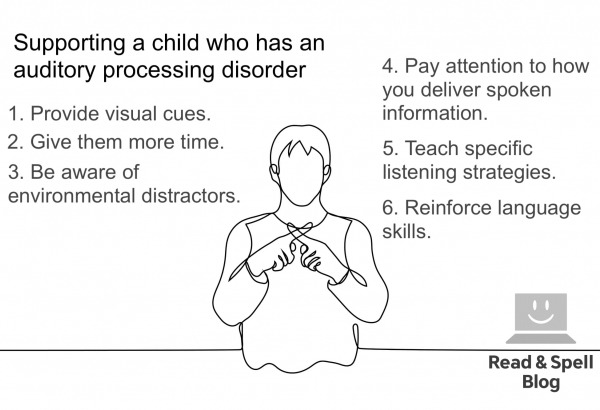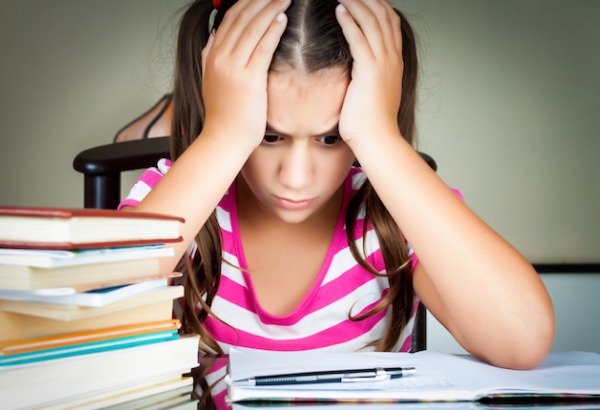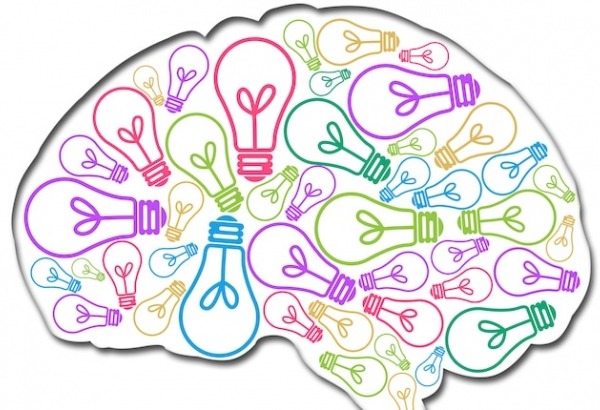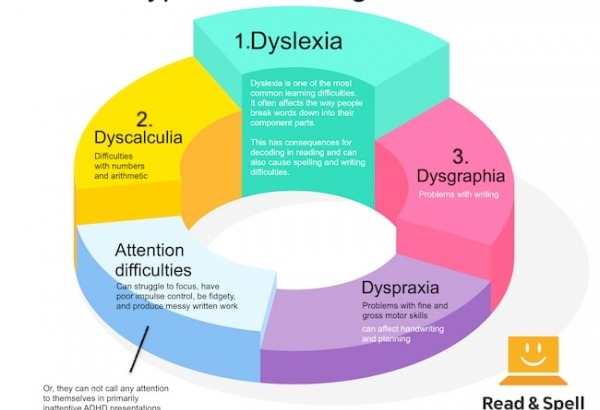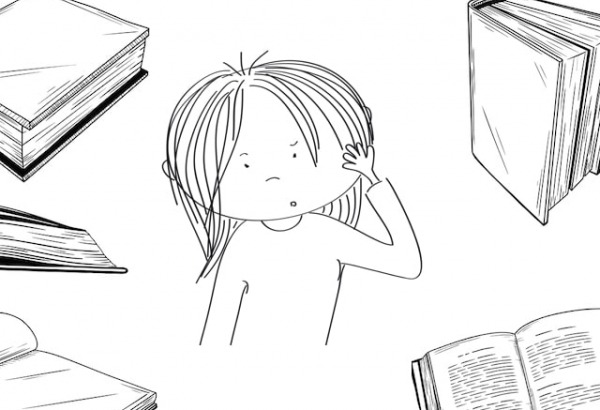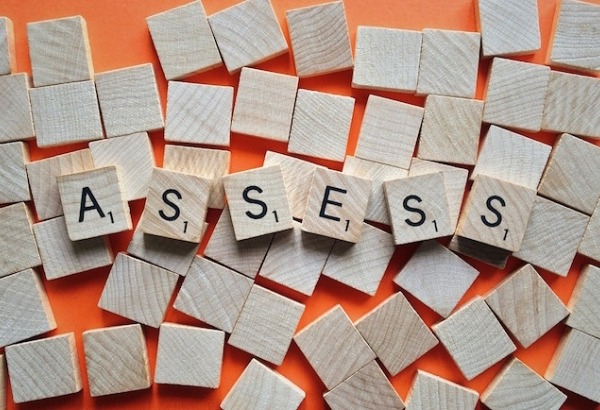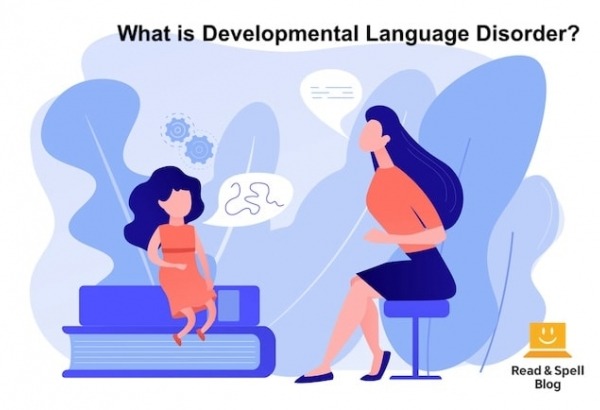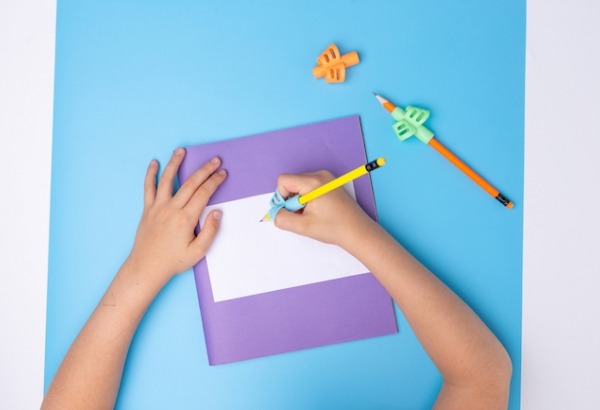Students with learning disabilities or differences like dyslexia and dysgraphia, or processing disorders and/or attention disorders, like ADHD, may have to work harder than their peers to achieve the same results. These kids can have trouble getting started on a task, need instructions to be repeated more than once, and/or be unable to complete work in a given time period.
While any child can suffer from low self-esteem, students with learning disabilities, attention disorders, and special needs are particularly at risk, especially if their condition is undiagnosed. This is because most school-based learning programs are developed with a neurotypical child in mind.
The mismatch between learning style and task can cause some students to doubt themselves and believe poor performance means they are not “smart” and are somehow less skilled than their classmates. The stress and frustration a child experiences at school is often accompanied by feelings of shame, which are associated with underperforming. There is also the social stigma of being “different."
But with the right strategy training, accommodations and emotional support, many children with specific learning differences and attention disorders can overcome the challenges they face and achieve their full potential in the classroom.





